7 hidden costs of owning a car and how to avoid them
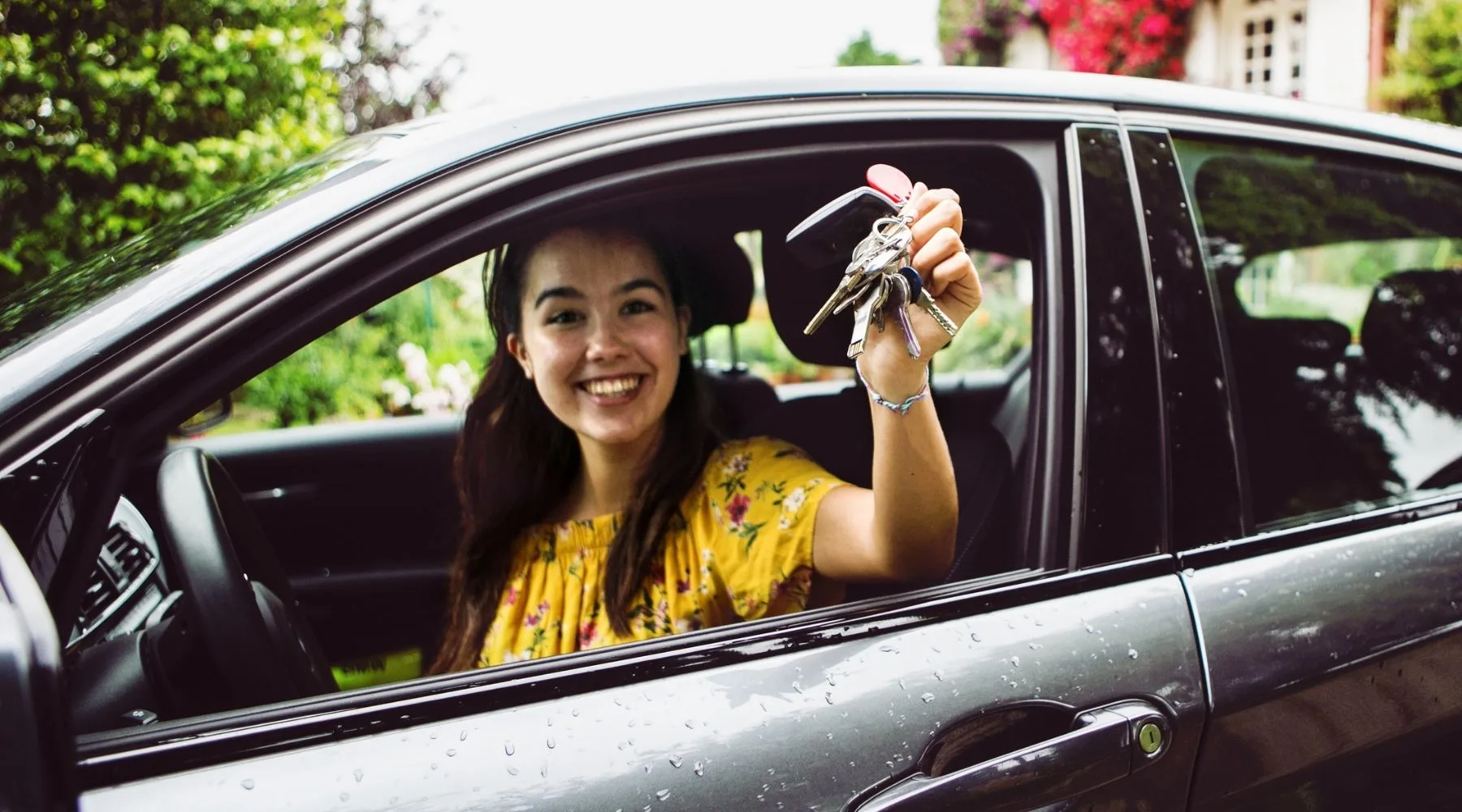
Thinking of buying a car or eager to make yours more affordable? Try focusing on the secondary costs of car ownership.
 Sponsored by Bingle. The online-only car insurer which cuts costly overheads like call centres and TV ads to pass savings on to you. Get your quote today for affordable, no-fuss car insurance with an affordable price tag. Learn more.
Sponsored by Bingle. The online-only car insurer which cuts costly overheads like call centres and TV ads to pass savings on to you. Get your quote today for affordable, no-fuss car insurance with an affordable price tag. Learn more.If you're thinking about buying a car, you'll no doubt have a budget in mind – but how much thought have you given to the ongoing costs of car ownership?
Anyone who already has a car will know exactly what I'm talking about. Unfortunately, the cost of car ownership doesn't just stop once you've bought the actual vehicle.
But whether you already have first-hand experience of these costs or you're not entirely sure what they're going to be, I do have some good news for you. There are ways to avoid some of them and manage others.
Insurance
Technically, CTP insurance is the only policy you're legally required to have when driving a car. In some states, CTP is automatically included in your car registration, while in others you have to purchase it separately.
However, only holding this type of insurance could put you under huge financial risk.
Most people supplement their CTP insurance with a form of third party car insurance or comprehensive car insurance. Although specifics may vary between brands, generally speaking, third party policies cover damage your vehicle causes to other cars and property. Comprehensive insurance covers this too, but it also covers damage to your own car.
The price of these can range from a few hundred to a few thousand dollars. So it's worth doing some homework to figure out which type of insurance is right for you - and what you can afford.
Research from the 2021 Finder Awards found that, on average, a 30-year-old man could expect to pay anywhere between $612 and $2,385 to insure a Toyota Corolla with a comprehensive policy. A 30-year-old woman could expect to pay between $426 and $2,969 for the same car.
If you're not bothered about having a policy with all the bells and whistles, consider a low-cost insurer. With price a leading factor for Aussies when choosing car insurance, some insurance brands operate with the aim of providing low-cost cover.
Bingle, part of the Suncorp Network, is among them. The brand is online-only, deliberately no-fuss and aims to translate the money saved on overheads into lower priced policies for customers. It's worth noting the brand uses the same repairer network as the wider Suncorp Group.
Using my own driver details, I requested a quote from Bingle for comprehensive insurance for a 2017 Toyota Corolla and was quoted $544. Not bad.
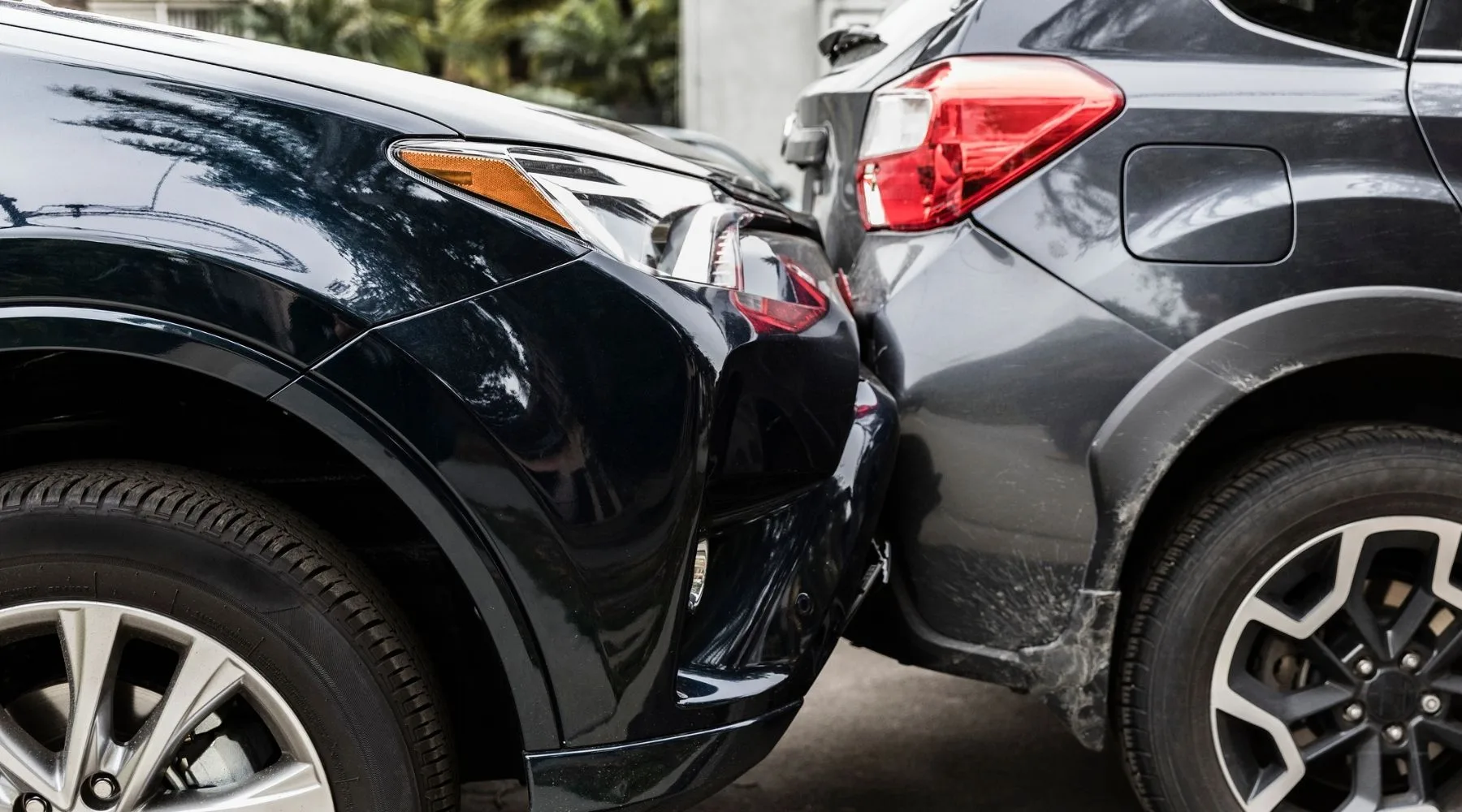
Fuel
According to The Australian Automobile Association's (AAA) Q2 2021 Transport Affordability Index, the average Aussie household spends $73 on fuel every week. That's $3,796 a year.
Although it's impossible to avoid petrol costs, shopping around can save you money as it's fairly common to see significant price discrepancies between different petrol stations.
Using Western Australia's Fuel Watch platform on 29 November 2021, regular unleaded petrol could be found as low as 150.9 or as high as 174.9 – both at public gas stations in Perth, just 2.4km apart.
While a few cents might not seem like much, if you filled up a 60 litre gas tank, the price difference would be more than $14.40. Fill up once a week and you've suddenly spent an extra $748.80 over the course of a year.
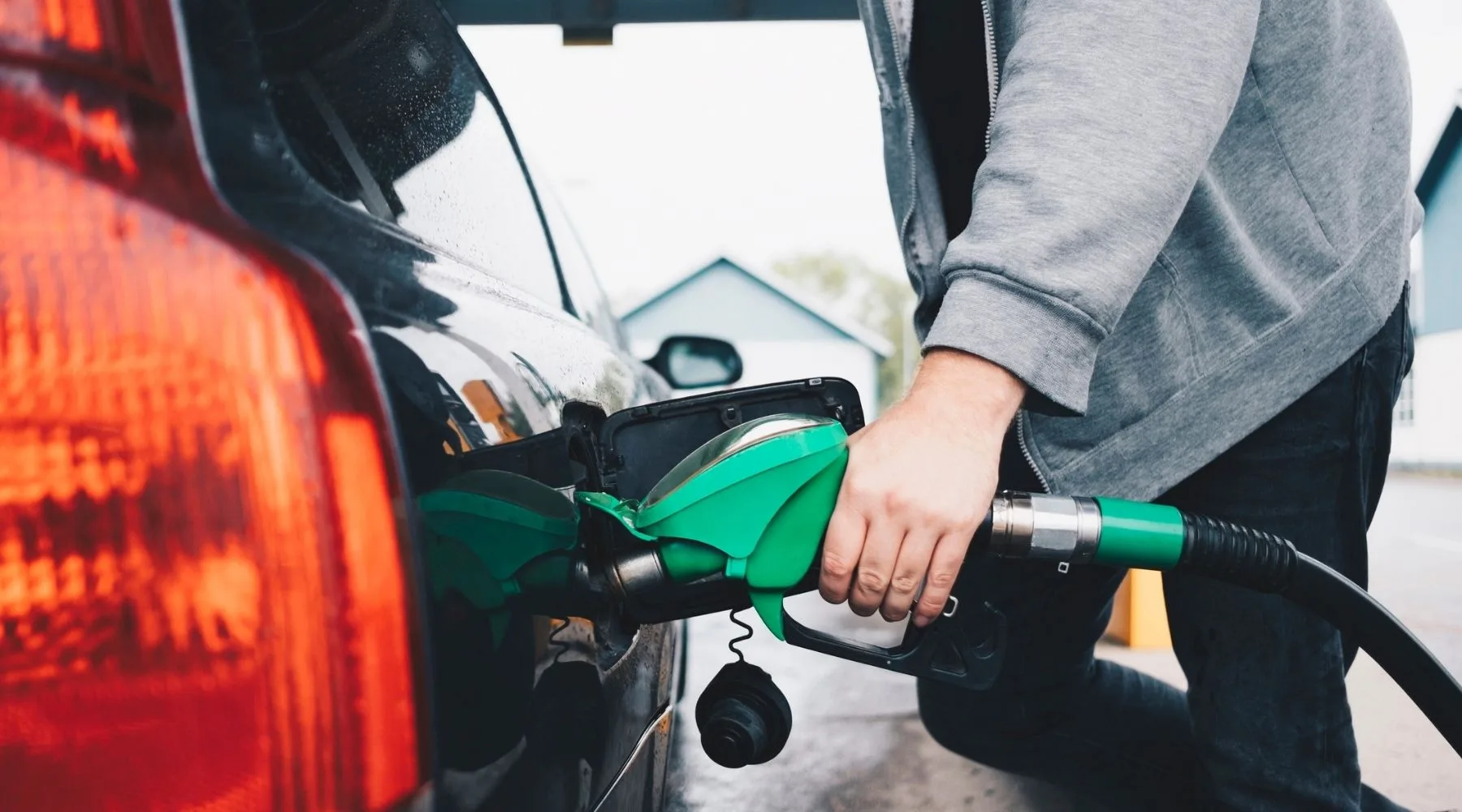
Tolls
Depending on where you live, toll roads can easily add thousands of dollars to the annual cost of running your car – particularly if you're based in a major city.
According to the AAA's aforementioned report, households in Sydney, Melbourne and Brisbane can expect to pay an average of $64 a week on tolls. That's $3,328 a year.
If you're desperate to avoid toll roads, there is a setting on Google Maps which will give you an alternative route without tolls. You'll just have to weigh up whether the longer route and extra petrol is more cost-efficient than paying a toll.
You should also check to see whether your state offers toll relief. For example, NSW's Toll Relief program provides free vehicle registration for drivers who have spent over the yearly threshold on tolls in the previous financial year.
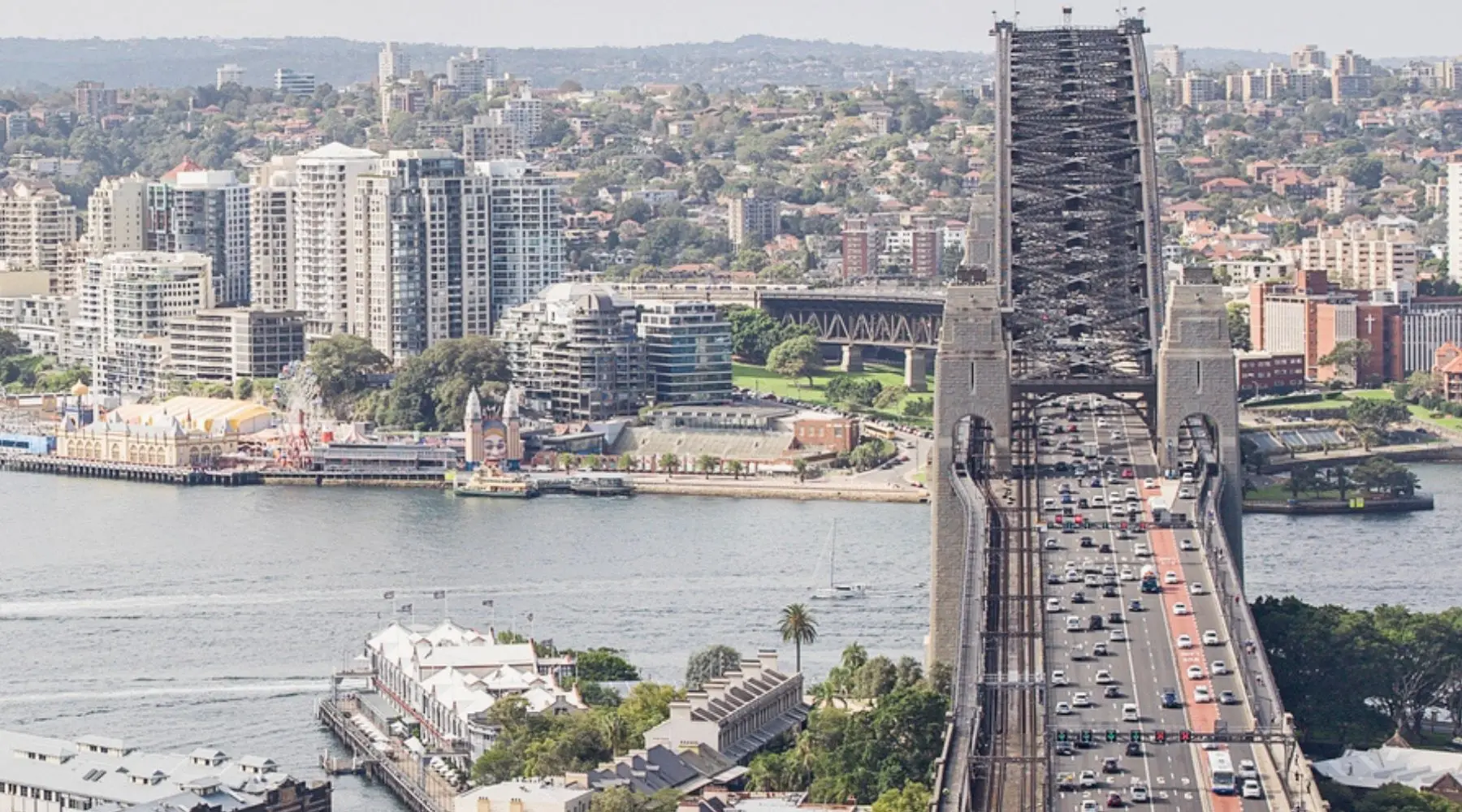
Maintenance
Cars need routine maintenance to keep them running smoothly and safely. Maintaining your car can also help you avoid bigger repair costs down the line.
Checking your tyre pressure, engine oil and brake fluid are just a few very basic tasks every driver should be doing on a regular basis. But there are lots of other maintenance tasks that are easy to master and could save you a lot of money.
For example, it wouldn't take expert knowledge to learn how to change different parts of your car including oil filters, the tyres, engine oil, windscreen wipers, headlights or even your battery.
While there are countless videos online to guide you through the process, you might want to invest in a basic car maintenance course if you're not confident.

Fines
Speeding fines, traffic violations and parking fines can easily add hundreds or even thousands of dollars to the cost of car ownership if you're not on top of the rules.
A recent Finder study found that Aussies are shelling out an average of $64 per person on parking fines every year – but speeding fines and traffic violations can be far costlier.
In September, NSW raked in almost $27 million thanks to speeding and red light fines with close to 122,000 drivers hit with a penalty. That's a cost per driver of roughly $220 – in just 1 month.
The cost of certain fines may also come as a shock to some drivers, with red light tickets costing $464 in NSW while you'll have to stump up $280 if you speed more than 10km/h over the limit.
While you should always drive safely, everyone makes mistakes. Consider downloading an app that alerts you to speed cameras and red light cameras if you want to lower your risk.
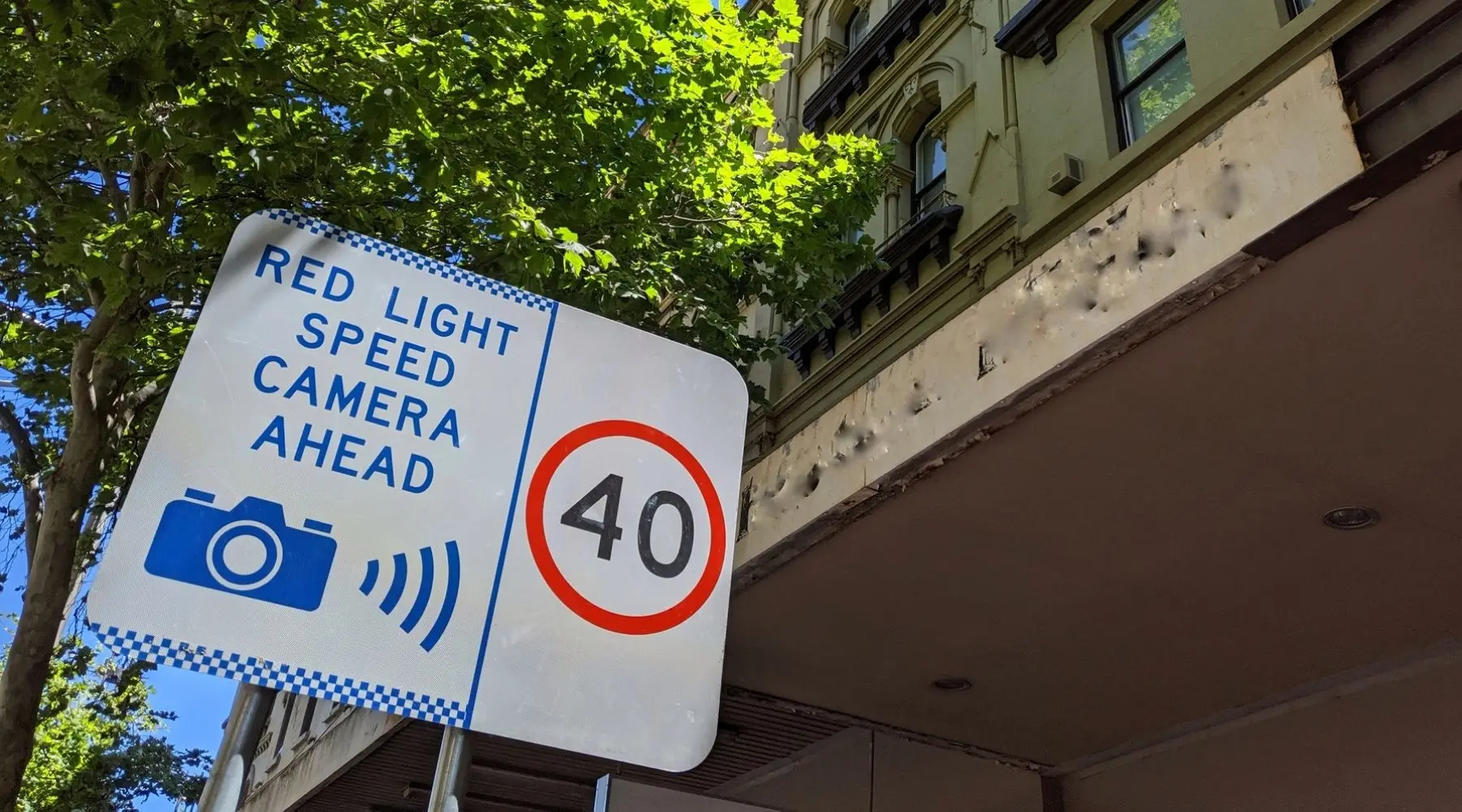
Finance
If you take out finance to buy your car, you should factor the cost of the loan into the cost of running your car.
So, let's say you take out a personal loan for $10,000 with a 10% p.a. comparison rate to be paid back over 2 years. By the time you pay the loan off, you'd have paid an additional $1,075 in interest and fees.
If you can save up enough money to pay for your car up-front, you can avoid these costs altogether. But if you're not in the position to do that, the next best thing is to compare finance options thoroughly.
When comparing loans, look at the comparison rate to see the real cost of the loan. This will take into consideration the interest charged but also any additional fees.
You can also use Finder's personal loan repayment calculator to see how much you'll pay on top of the amount you borrowed.

Depreciation
Cars lose value over time. If you buy your car for $10,000 and sell it 5 years later, you might find you only get $5,000 for it.
In that instance, you're out of pocket $5,000 so you've essentially added an extra $1,000 to the annual running cost of your car.
Some cars do hold value better than others though so if you want to avoid severe depreciation, do your research into historic depreciation rates to find out which cars lose value slowly.
If you're really lucky, you might be able to buy a second-hand car and sell it for more than you bought it. However, you shouldn't bank on this as it's the exception rather than the rule.
Cut down on insurance costs with Bingle car insurance
Compare other products
We currently don't have that product, but here are others to consider:
How we picked theseFinder Score for car insurance
We analyse over 30 car insurance products across insurance providers, and rate each one for price and features. We collect up to 36 quotes per product, for male and female drivers in New South Wales, Victoria, Queensland, South Australia, Tasmania and Western Australia. Quotes are collected for 20 year olds, 30 year olds and 60 year olds, assuming an excess of $850 for a 2020 Toyota Corolla 4 door sedan model, with an average 15,000 kms driven each year. While we are not allowed to display actual quotes, our Finder Score aims to serve as an indicative guide to how cost and feature competitive a product might be for you.
Our feature score assesses each product for more than 15 features across loss and damage coverage, repairs and assistance coverage, personal items coverage and policy coverage. Features we assess include but are not limited to legal liability, essential repairs, new car replacement, car hire events, roadside assistance, agreed or market value, windscreen damage and natural disaster coverage.
Depending on your answers to our car insurance quiz, we upweight the relevant price score or feature score to generate a dynamic Finder Score. Finder Score, Price Score and Feature Score are only to be used as indicative guides and are not product recommendations.
Compare other car insurance brands.
